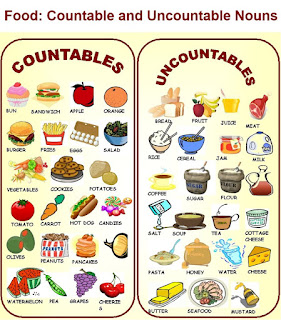
GERUND PHRASES AS SUBJECT AND OBJECT El gerundio, o participio presente, es una forma especial de un verbo español que siempre termina en -ndo. En inglés, se traduce como la forma "-ing" del verbo (por ejemplo, "hablar"), lo que ha llevado al error frecuente de llamar a este formulario el "participio presente". El gerundio es una forma verbal que tiene una función adverbial, no una función de adjetivo como un participio, ni una función de sustantivo como un infinitivo. El participio presente (gerundio) se forma a partir del infinitivo de un verbo eliminando (ar), (er) o (ir) terminando y agregando (ando) para (ar) verbos, y (iendo) para (er) y (ir) verbos. Por favor, vea los ejemplos a continuación. hablar ---> hablando (speaking) caminar ---> caminando (walking) volver ---> volviendo (returning) comer ---> comiendo (eating) ...





